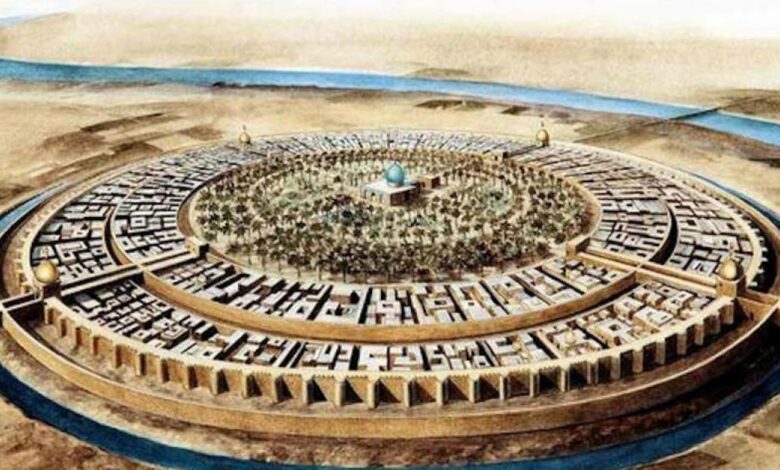Nigeria’s Top 10 Historical Sites

Nigeria, with its diverse cultural heritage and historical significance, boasts a myriad of sites that chronicle its past. From ancient kingdoms to colonial landmarks, here are ten historical sites in Nigeria that offer a glimpse into the country’s rich history:
1. Benin City Walls and Moat (Edo State)
Built in the 13th century, the Benin City Walls and Moat are a testament to the advanced engineering skills of the ancient Benin Kingdom. These earthworks, which once surrounded the city, span about 9,000 kilometers and are a UNESCO World Heritage Site.
2. Osun-Osogbo Sacred Grove (Osun State)
The Osun-Osogbo Sacred Grove is a dense forest sanctuary that has been preserved for centuries as a place of worship for the Yoruba goddess of fertility, Osun. The grove features sculptures and shrines dedicated to Yoruba deities and is a UNESCO World Heritage Site.
3. Gidan Makama Museum (Kano State)
Located in Kano, the Gidan Makama Museum is housed in a historic palace that dates back to the 15th century. It showcases artifacts and displays that highlight the history and culture of the Hausa people, including traditional crafts, textiles, and royal regalia.
4. Zuma Rock (Niger State)
Zuma Rock, near Abuja, is a large monolith that holds cultural significance for the Gwari people. It is believed to have served as a refuge during times of conflict and is depicted on the Nigerian 100 naira banknote.
5. Arochukwu Long Juju Slave Route (Abia State)
The Arochukwu Long Juju Slave Route is a historical trail in Arochukwu that leads to the sacred Ibini Ukpabi cave. The route was once used during the Trans-Atlantic slave trade and includes shrines and artifacts that highlight the region’s spiritual and cultural practices.
6. Old Oyo National Park (Oyo State)
Old Oyo National Park, situated near Oyo town, preserves the remnants of the ancient Oyo Empire. It features archaeological sites, including the ruins of old Oyo (Oyo-Ile), which was the capital of the empire from the 14th to the 19th centuries.
7. National War Museum (Imo State)
Located in Umuahia, the National War Museum showcases Nigeria’s military history, with exhibits ranging from pre-colonial warfare to the Nigerian Civil War. It includes artifacts, photographs, and military equipment that highlight the country’s struggle for independence and unity.
8. Slave History Museum (Badagry, Lagos State)
Badagry, a historic town in Lagos State, houses several sites related to the Trans-Atlantic slave trade. The Slave History Museum preserves artifacts and documents that depict the harrowing experiences of enslaved Africans and the abolitionist movement.
9. Lekki Conservation Centre (Lagos State)
While primarily an ecological site, the Lekki Conservation Centre in Lagos State includes remnants of the Lekki Village, which dates back several centuries. It offers a canopy walkway and a natural habitat for various wildlife species, providing insights into traditional coastal communities.
10. National Museum of Unity (Enugu State)
The National Museum of Unity in Enugu State showcases Nigeria’s diverse cultural heritage through its collection of artifacts, artworks, and archaeological finds. It offers insights into the history and traditions of Nigeria’s various ethnic groups and their contributions to national unity.
These historical sites in Nigeria not only preserve the country’s past but also offer visitors an opportunity to delve into its diverse cultural tapestry. Whether exploring ancient kingdoms, colonial legacies, or cultural practices, each site provides a unique perspective on Nigeria’s rich and multifaceted history.




